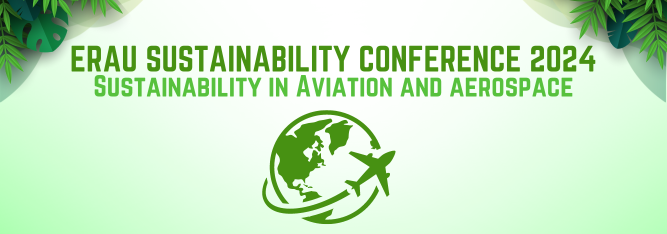
Fuel-Efficient Satellite Trajectory Optimization: Reducing Space Debris and Environmental Impact
Presentation Type
Short presentation 10-15 minutes
In Person or Zoom Presentation
In-Person
Location
Student Union Event Center
Start Date
18-11-2024 2:15 PM
Presentation Description/Abstract
In an era where satellite operations are vital for communications, navigation, and global research, space debris poses a significant environmental risk. This project focuses on optimizing satellite trajectory to achieve fuel efficiency and mitigate space debris accumulation. Using reinforcement learning models, the research explores how satellite orbits can be optimized to avoid collisions with existing debris while saving fuel, ultimately contributing to space and terrestrial environmental sustainability.
The reward function used to train the model prioritizes minimizing fuel consumption while ensuring satellite safety. Each training increment penalizes excessive velocity changes, reflecting fuel usage, and imposes severe penalties for debris collisions. Over time, the reinforcement learning algorithm learns to balance these objectives, creating optimal satellite trajectories that reduce the probability of collision while maintaining operational efficiency.
The project builds on insights from the eco-literature on responsible stewardship of all environments, extending these principles to the orbital sphere. By incorporating these insights, the research emphasizes the need for conscious stewardship of space as an extension of Earth’s ecosystems. It further performs viability analysis of reinforcement learning algorithms to optimize satellite operations, showing how technological advances can be aligned with environmental responsibility to address both operational challenges and sustainability goals
Fuel-Efficient Satellite Trajectory Optimization: Reducing Space Debris and Environmental Impact
Student Union Event Center
In an era where satellite operations are vital for communications, navigation, and global research, space debris poses a significant environmental risk. This project focuses on optimizing satellite trajectory to achieve fuel efficiency and mitigate space debris accumulation. Using reinforcement learning models, the research explores how satellite orbits can be optimized to avoid collisions with existing debris while saving fuel, ultimately contributing to space and terrestrial environmental sustainability.
The reward function used to train the model prioritizes minimizing fuel consumption while ensuring satellite safety. Each training increment penalizes excessive velocity changes, reflecting fuel usage, and imposes severe penalties for debris collisions. Over time, the reinforcement learning algorithm learns to balance these objectives, creating optimal satellite trajectories that reduce the probability of collision while maintaining operational efficiency.
The project builds on insights from the eco-literature on responsible stewardship of all environments, extending these principles to the orbital sphere. By incorporating these insights, the research emphasizes the need for conscious stewardship of space as an extension of Earth’s ecosystems. It further performs viability analysis of reinforcement learning algorithms to optimize satellite operations, showing how technological advances can be aligned with environmental responsibility to address both operational challenges and sustainability goals
